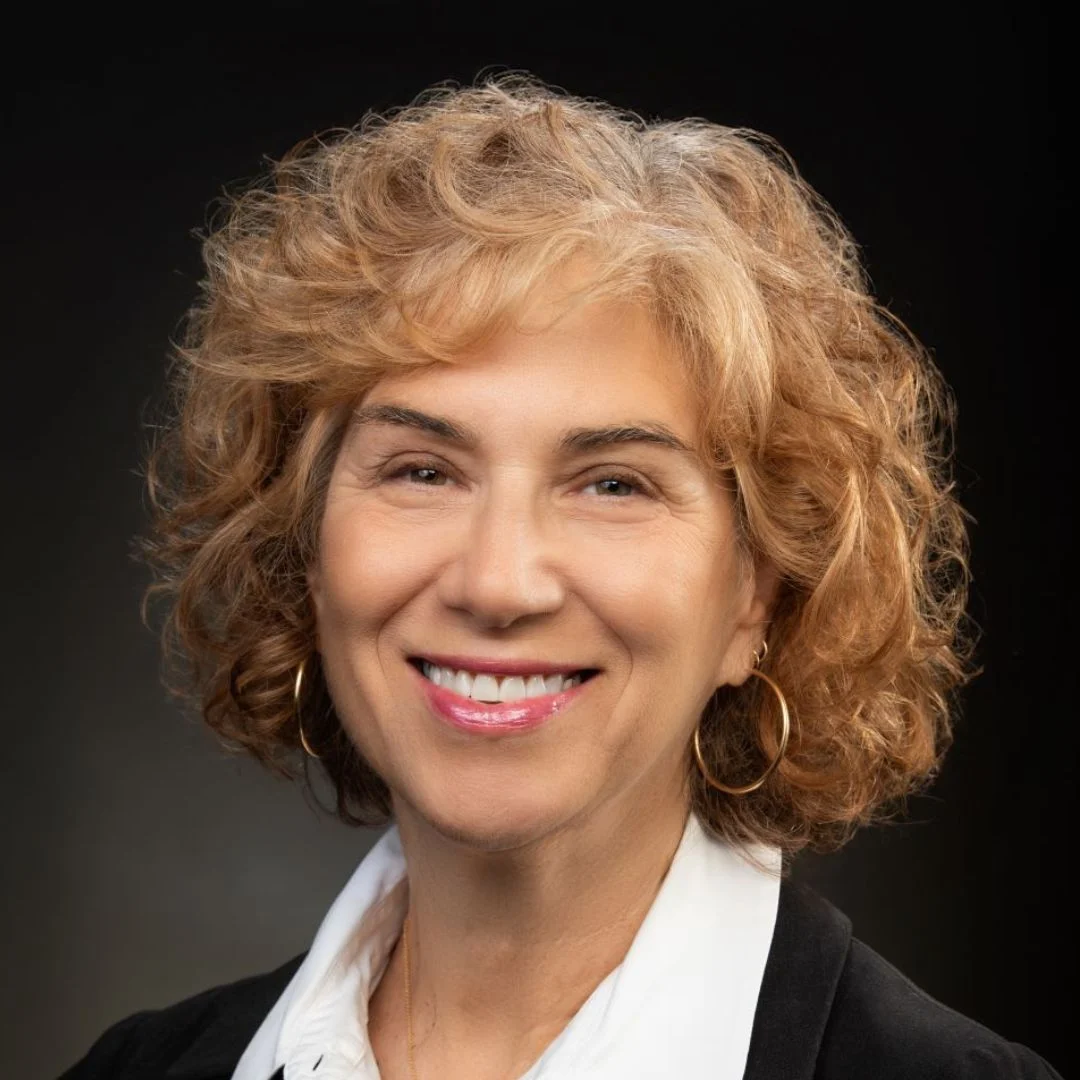Dr. Manisha Juthani, commissioner of the Connecticut Department of Public Health, joins the show for the first time as ASTHO’s president to discuss her plans for the new term; Dr. Karen Hacker, health policy fellow at Emory University’s Rollins School of Public Health, co-authored an article...
Dr. Manisha Juthani, commissioner of the Connecticut Department of Public Health, joins the show for the first time as ASTHO’s president to discuss her plans for the new term; Dr. Karen Hacker, health policy fellow at Emory University’s Rollins School of Public Health, co-authored an article for the Journal of Public Health Management & Practice with Dr. Susan Kansagra, chief medical officer at ASTHO, Chrissie Juliano with Big Cities Health Coalition, and Lori Freeman with the National Association of County and City Health Officials (NACCHO), about the way forward for state and local public health; on October 27 at 2 p.m. ET, ASTHO and the Public Health Foundation (PHF) will host a webinar about academic health department partnerships in Vermont; and on Wednesday, November 12, ASTHO and PHF will hold an interactive Q&A session for their final webinar in the academic health department partnership series.
JPHMP Article: Where Do We Go From Here? The Way Forward for State and Local Public Health
ASTHO Webinar: Strengthening Academic Health Department Partnerships for Student Success in Vermont
ASTHO Webinar: Ask Me Anything: Academic Health Department Partnerships
JANSON SILVERS:
This is the award-winning Public Health Review Morning Edition for Thursday, October 23, 2025. I'm Janson Silvers. Now, today's news from the Association of State and Territorial Health Officials.
MANISHA JUTHANI:
We know that public health is so instrumental to ensuring health and safety of the population at large, beyond what health care does at protecting and treating people as individuals.
SILVERS:
That's ASTHO's new president, Dr. Manisha Juthani, commissioner of the Connecticut Department of Public Health. Today, she joins us for the first time as ASTHO's president to discuss her plans for the new term.
JUTHANI:
We're in the midst of lots of challenges right now, and we need to be able to help communicate to the public the importance of public health. Be able to communicate to leaders throughout government, academia, and the lay public what important role public health has.
SILVERS:
While she's looking forward to connecting with members, she expects the next 12 months to be a period of significant change.
JUTHANI:
We already have seen funding and staffing cuts, but I anticipate that we will see more of those that we potentially were bracing for or planning for actually realized.
SILVERS:
Juthani hopes these challenges will serve as an opportunity to make public health stronger.
JUTHANI:
So, we can't just put our head in the sand and assume we can just go about business as usual and do everything we were doing before. That's not going to be possible, but maybe we can do what we really need to do better than we were doing before, and use the opportunity to reorganize, restructure, and refocus.
SILVERS:
You can learn more about Dr. Juthani by heading to ASTHO's website or just click the link in the show notes.
Federal funding challenges and a shift in administrative priorities have made the future of public health feel uncertain, but Dr. Karen Hacker with Emory University's Rollins School of Public Health is focused on the way forward. Hacker worked with Dr. Susan Kansagra, chief medical officer at ASTHO, Chrissie Juliano with Big Cities Health Coalition, and Lori Freeman with the National Association of County and City Health Officials, to author a paper for the Journal of Public Health Management and Practice titled, 'Where Do We Go From Here? The Way Forward for State and Local Public Health.'
KAREN HACKER:
We felt it was a really critical time to be starting to talk about, where are we going to go from here, recognizing that everything we may have been familiar with may be changing rapidly, but that public health really needs to have a way forward.
SILVERS:
One key challenge will be to sustain services without the federal funding that many states have become reliant on. But there are a number of external factors that will impact the field as well, such as the aging population and new technologies.
HACKER:
We also have new therapeutics that are affecting things like chronic disease, and it is going to be important for us in public health to be thinking about all of those factors, in addition to whatever the federal government is going to look like within the health space.
SILVERS:
Hacker says it's important for public health providers to recognize they may not be able to do things the same way they once did.
HACKER:
I think there's going to be a need to think very strategically about technology and data, what the relationship is going to look like with the health care delivery system going forward, including whatever changes are going on in Medicaid and partnerships.
SILVERS:
To read the full article, head to the show notes. We'll have a link right to it.
On October 27 at 2 p.m. Eastern Time, if your state or local agency is thinking about creating an academic health department, join ASTHO and the Public Health Foundation for a webinar that can help. Learn about PHF's new AHD partnerships toolkit and hear from the Vermont Department of Health about their experience. You can sign up now using the link in the show notes. And if you have any questions, on Wednesday, November 12, you can join ASTHO and the Public Health Foundation for their final webinar in the Academic Health Department partnership series. This interactive session provides the chance to ask any questions you may have. To register for the event, use the link in the show notes.
That'll do it for today, we're back tomorrow morning with more ASTHO news and information. I'm Janson Silvers. You're listening to the award-winning Public Health Review Morning Edition. Have a great day.






